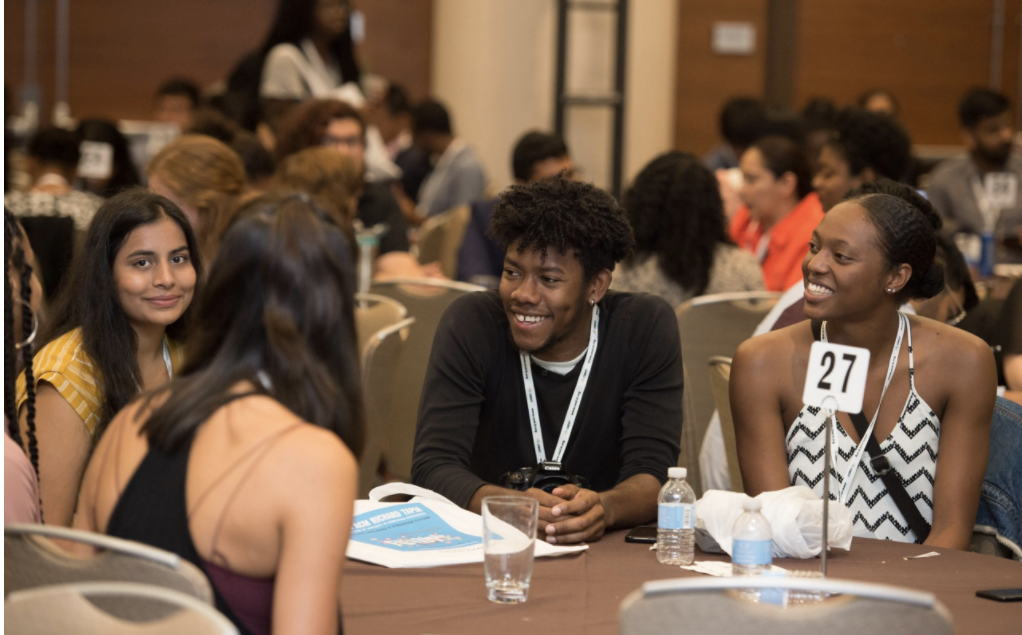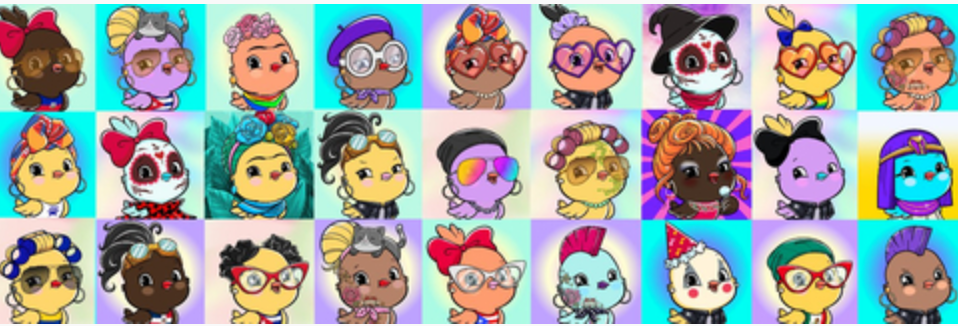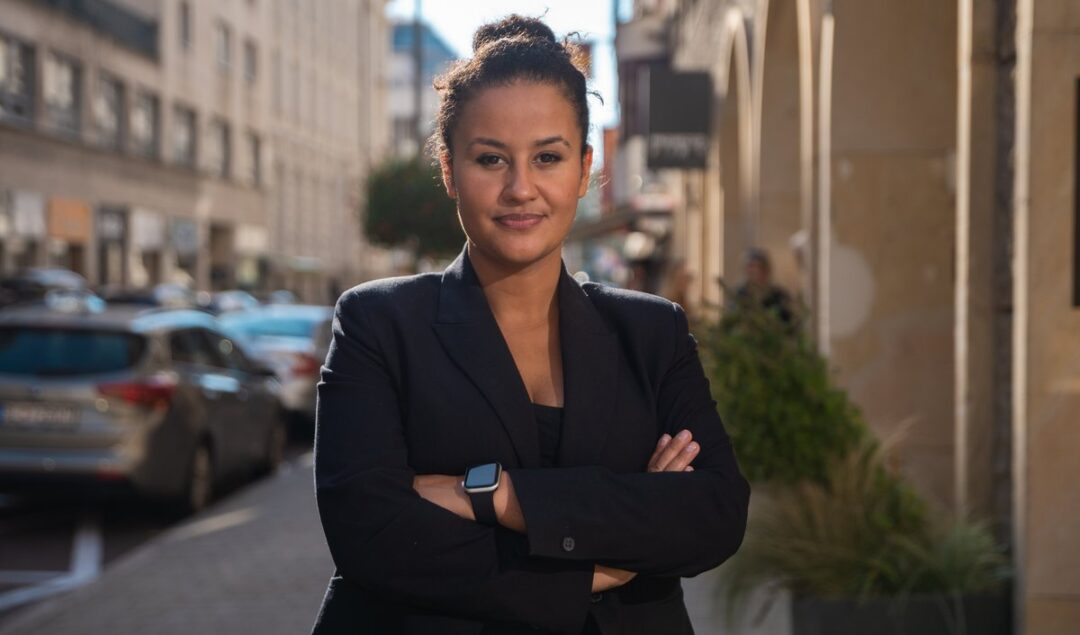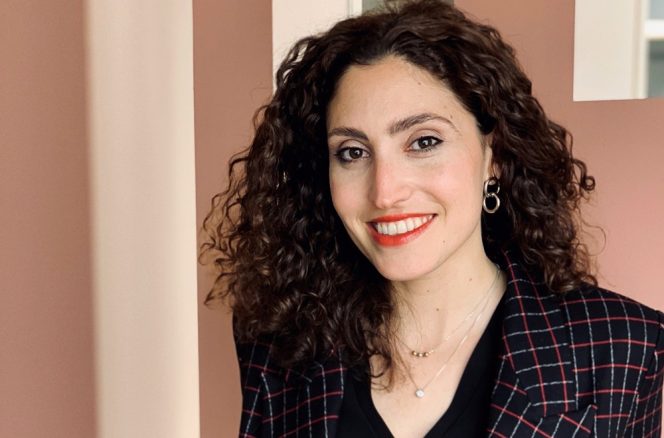Women remain underrepresented in computing-related jobs in the tech field, holding just 26 percent of the positions. This disparity is even worse for Hispanic women, as they make up just 2 percent. But – there are some who’ve made it and they’re using their social media to advise, mentor, and equip other Latinx with information about the industry. Gina Moreno, 26, a program manager for Microsoft, is a first-generation College Graduate and first-generation American from El Paso, TX. In school, she obtained a B.S. in Industrial Engineering and an M.S. in systems
What are the best Slack communities for Black tech professionals? With so many out there, it’s hard to decide which ones are right for you. So We’ve compiled a list that you should check out. Below is a list of 17 thriving hubs of discussion, collaboration, and innovation spanning virtually all technical specialisms. As a tech journalist getting involved in these Slack communities has helped me learn a lot in a short space of time. Cleveland Tech The Slack community for North East Ohio’s diverse tech community. Developers, designers and tech people of
Meet Shannon Morales, a single mom of three and founder and CEO of Tribaja, a tech talent marketplace based in Philadelphia that pairs Black and Latinx employees with companies committed to diversity and inclusion initiatives. Through her company, Tribaja, Morales, 34, provides Black and Latinx employees interested in the tech field with education and training and pairs them with tech companies she’s vetted as being truly committed to inclusion and diversity. Her company also offers 100% free coding, software engineering, data science, project management training, along with so many other
You might have read the article published last year on the Silicon Valley employee who hid his disability from his employers. In an in-depth piece about his experiences, they started off by saying: “I have a learning disability, meaning that I learn differently from other people. I live and work in Silicon Valley, the natural habitat of road runners. I’ve spent my professional life as one of those worker bees who creates the widgets and doodads that make life a little easier. For the sake of this story—and my employability—let’s
Snickerdoodle, an NFT data, and privacy platform announced that it’s partnering with FTX and Animoca Brands to launch NFT Lotería, a game centered around a series of community-focused NFTs derived from Lotería, an image-based game popular in the Latinx community. The NFT series will highlight Hispanic artists, and its sales will benefit national Hispanic nonprofits including the Hispanic Heritage Foundation, the Latino Community Foundation, and the Rising Tide Network. Proceeds will engage and train young Hispanic Americans to enter the tech sector and the emerging blockchain industry. Snickerdoodle developed the
Crunchbase data shows that while funding to Latinx founders has increased in dollar terms—from $1.7 billion in 2017 to $6.8 billion in 2021—that growth only slightly outpaced the overall increase in U.S. venture capital investments, leaving Latinx startup funding stuck stubbornly at around 2 percent of the overall startup investment pie. Meanwhile, the data shows early-stage funding, arguably the most critical phase, has stagnated almost completely in recent years, according to a report by Ctunchbase. These numbers are confusing considering Latinx-founded businesses made up about half of the net new small
Encantos, the web3 platform empowering creators who help kids learn, has entered into a partnership with SUMA Wealth to bring non-fungible tokens (NFTs) to the Latinx community. SUMA Wealth, the leading financial technology company for U.S. Latino youth, will partner with Encantos to create educational programs simplifying the world of web3, including NFTs and cryptocurrencies, for its members and provide exclusive access and opportunities acquire NFTs from Encantos creators. The first NFT introduced to the SUMA community will be from the Emmy-Nominated Venezuelan artist Susie Jaramillo and her recently announced
Karin Fuentesová started off her career in the accounting sector, where she worked for 13 years. While working there, she observed how much time is wasted by people doing mundane tasks, such as manual data entry of invoices into accounting systems. After taking notes, Fuentesová launched Digitoo, which automates manual bookkeeping processes. Founded in 2019, the founder struggled to find investors but in 2021, it raised €900k in seed funding from Czech investors Kaya VC and Nation 1. For Fuentesová this was a huge success because only 46% of founders raise more than
Over the last year, I have been on the lookout for Latina founders, and I found them through Google searches, Twitter threads, and referrals. So this week, we’re taking a look at some amazing Latina entrepreneurs in tech and highlighting the work they’ve been doing for the past few years. I’ll aim to do a shortlist every week. Let’s go! Agustina Sartori, founder of GlamST, GlamST’s proprietary technology allows people to try on makeup through AR, representing the finishes, color, and texture of the products in a highly realistic and accurate
The technology industry has long been criticized for overlooking Black and Latino founders, but it seems that since George Floyd’s death some companies and investors have taken action. Black and Hispanic tech startup funding ticked up in Florida and Georgia this year, following an influx of investors jumping on the bandwagon of supporting diverse communities. Data from Crunchbase compiled for Reuters showed startups with a Black or Hispanic founder got 3.5% of the record $311 billion U.S. venture funding in the year to Dec. 16, up from an average of 2.5%













